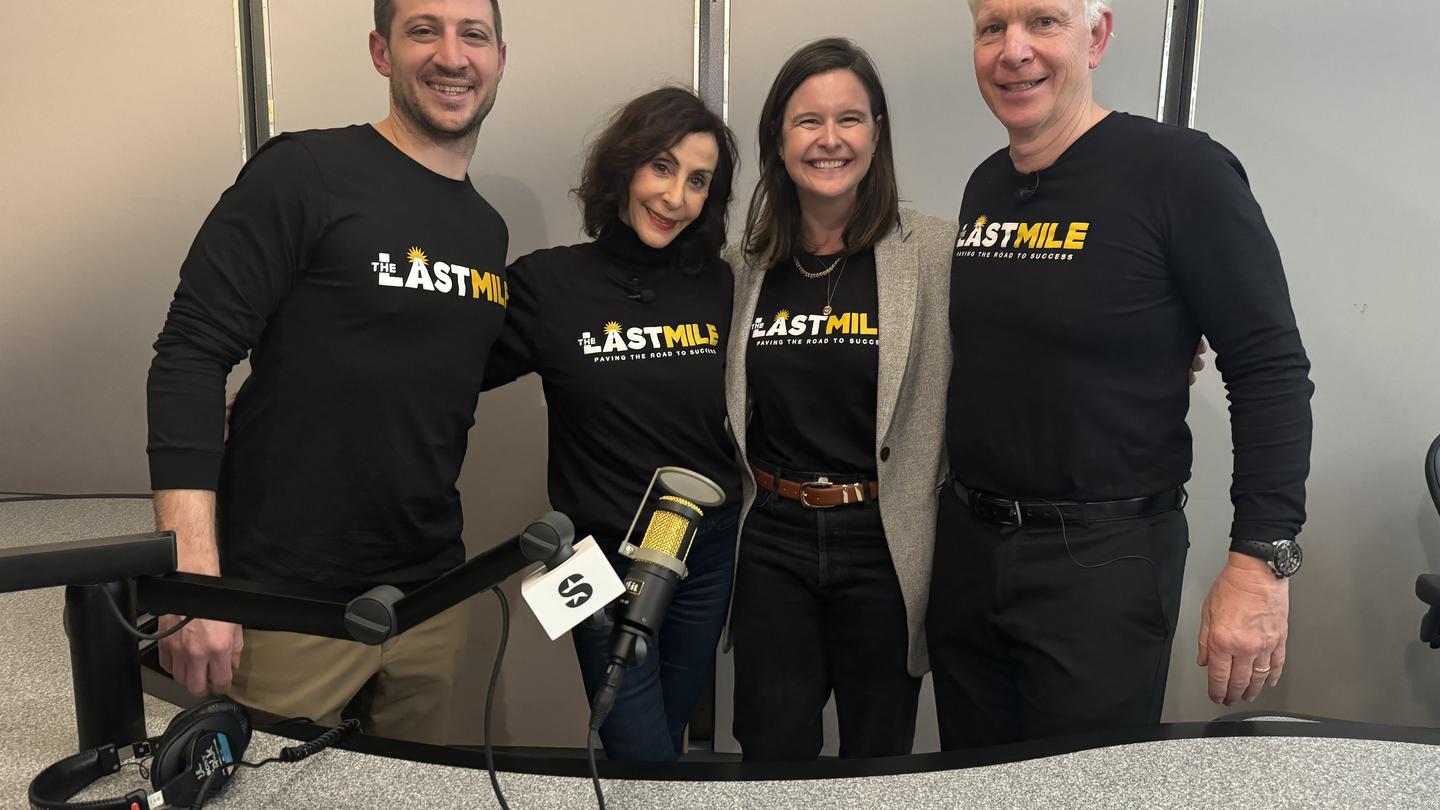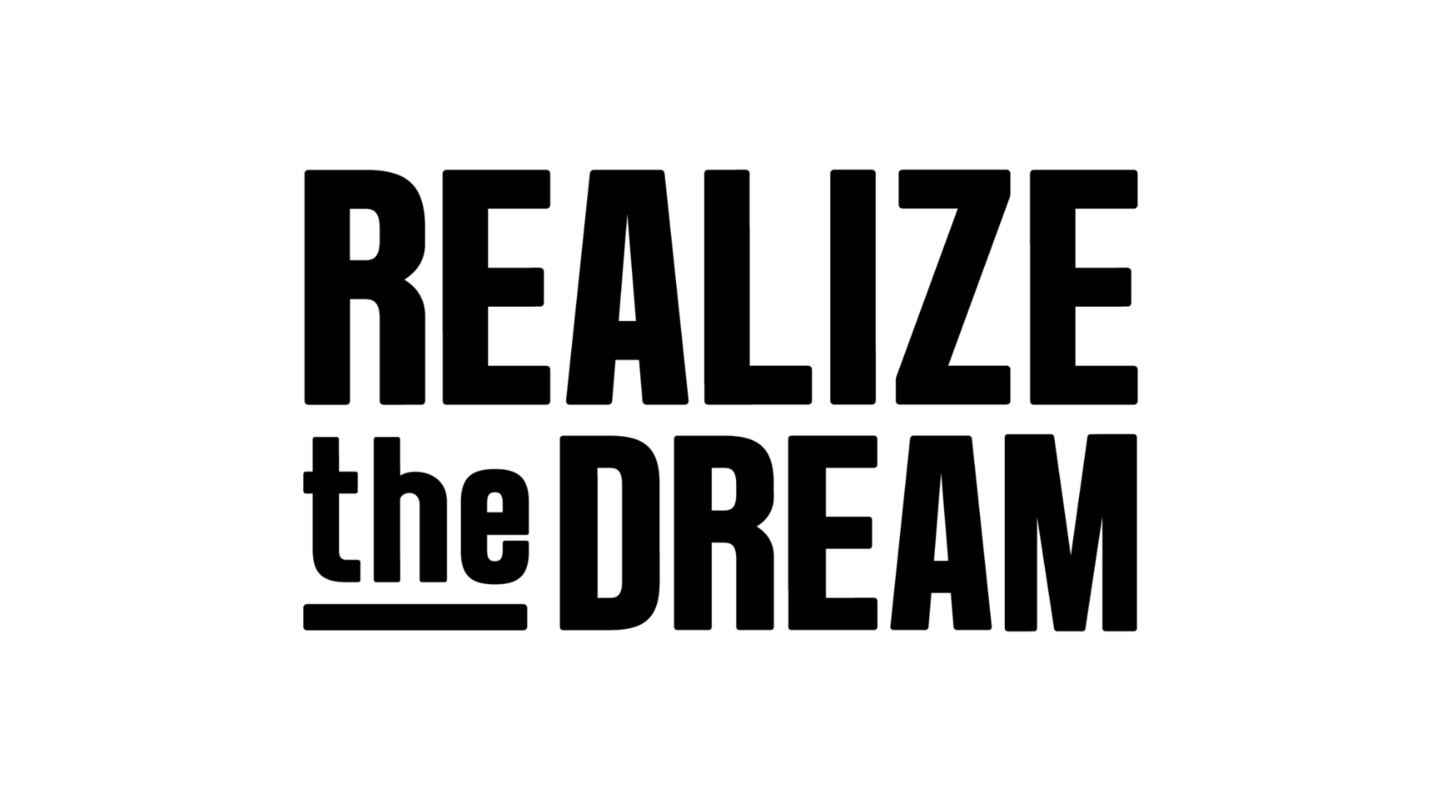One in 48 U.S. adults, about 5.5 million people, are under the supervision of a correctional system. How do we ensure they do not return to jail or prison — and how do we end the generational cycle of incarceration?
On The Last Mile Radio, Stand Together Senior Vice President Evan Feinberg sat down with Chris Redlitz and Beverly Parenti, to discuss how social entrepreneurs can drive long-term change in the criminal justice system and tackle issues like poverty, homelessness, and addiction. Parenti and Redlitz are founders of The Last Mile, which provides education and technology training to incarcerated individuals.
Solving society’s challenges requires changemakers to hold tightly to “saving principles,” Feinberg said, like the recognition that each person possesses an inherent dignity.
This idea is particularly important when considering changes to the country’s justice system. Society often sees incarcerated people only for their “worst mistakes,” instead of for their entrepreneurial abilities, technical capabilities, and other unique gifts. “The moment the culture starts to see individuals who are incarcerated for their humanity and potential, that’s when ... we start acting in a way that rehabilitates,” Feinberg said.
Another principle recognizes that good solutions usually come from the people closest to the problem. “This country is full of people, whether it’s a famous artist or a neighbor, who wants to make a difference in the lives of others."
Feinberg said by focusing not on people’s deficiencies, but helping people find their own strengths and resilience, more individuals “can live lives of incredible success, meaning, and purpose.”
Listen to the entire podcast here.



